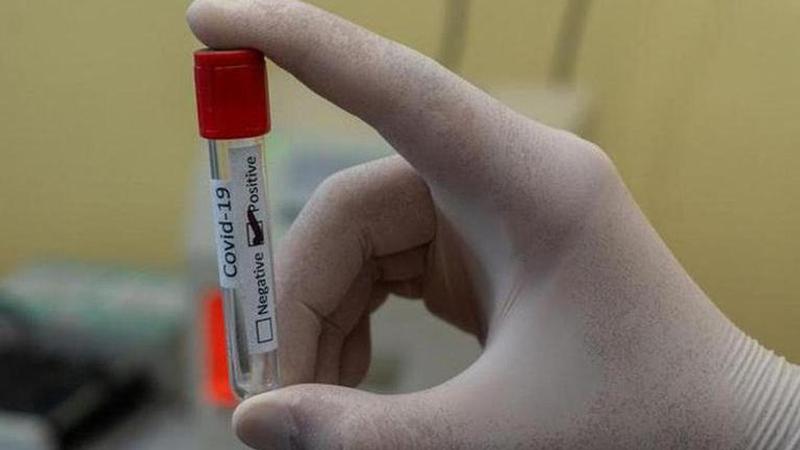Published 21:27 IST, September 5th 2020
Pooling 5 samples for COVID-19 detection by RT-PCR may be acceptable strategy: Study
The analysis report which has been published in the Indian Journal of Medical Research (IJMR) was conducted across 10 COVID-19 testing laboratories in India.

Pooling of five samples for detection of COVID-19 by real-time RT-PCR may be an acceptable strategy without much loss of sensitivity even for low viral loads, while with 10-sample pools, there may be considerably higher numbers of false negatives, a comparative analysis has shown.
The analysis report which has been published in the Indian Journal of Medical Research (IJMR) was conducted across 10 COVID-19 testing laboratories in India.
According to the study, given the evolving strategies for testing worldwide which now also include testing asymptomatic individuals with pertinent contact history, the load of sample testing has grown manifold in laboratories.
In this scenario, many countries face shortage of resources and testing kits for detection of SARS-CoV-2 and the situation is especially pronounced for low- and middle-income country settings.
Among the different strategies, pooling of respiratory samples, specifically nasopharyngeal samples, has received attention, given the simplicity of the approach and the fact that there are no additional requirements in terms of equipment or reagents for this approach.
"During a pandemic, a high load of samples requires to be tested, especially for containment measures, but the positivity rates are low or show a wide variation from place to place. In such a scenario, pooling of samples can be considered a viable option to conserve resources and time for testing a large number of samples," the study stated.
"With the high sensitivity of real-time RT-PCR based tests and the low prevalence of COVID-19 infection in many areas and regions of India, pooled testing of respiratory samples has the potential of increasing the testing capacity considerably," it said. The objective of the present study was to do a comparative analysis of pooled testing using 5- and 10-sample pools by real-time RT-PCR performed in 10 different COVID-19 testing laboratories across India.
A total of 110 each of 5- and 10-sample pools were evaluated. Overall concordance between the 5-sample pooled and individual sample testing was 88 per cent while that between 10-sample pool and individual sample testing was 66 per cent. The results of the study "suggest that pooling five samples for SARS-CoV-2 detection by real-time RT-PCR may be an acceptable strategy without much loss of sensitivity for low viral loads. "However, the results obtained highlight the need for each laboratory to perform validation runs at their centres and when using different RNA extraction and RT-PCR kits." It is also emphasised that pooling sizes will differ by the populations and group of individuals being tested as well as the positivity rates. These will continue to evolve during a pandemic, and therefore, guidelines for pooling samples must be revisited from time to time to ensure that they continue to be relevant and useful in a given context, the report highlighted.
The 10 laboratories which participated in the study included ICMR-National Institute of Virology, Bengaluru; Jawaharlal Institute of Postgraduate Medical Education and Research (JIPMER), Puducherry; King George's Medical University (KGMU), Lucknow; ICMR-NIV, Kerala Unit, Alappuzha; Postgraduate Institute of Medical Education & Research (PGIMER), Chandigarh; and All India Institute of Medical Sciences (AIIMS), Bhopal. PTI PLB ZMN
Updated 21:27 IST, September 5th 2020




